Search
Search Results
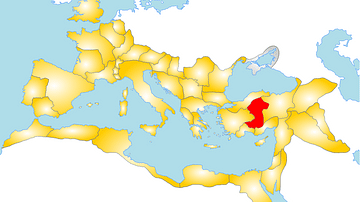
Definition
Galatia
Galatia was a region in north-central Anatolia (modern-day Turkey) settled by the Celtic Gauls c. 278-277 BCE. The name comes from the Greek for "Gaul" which was repeated by Latin writers as Galli. The Celts were offered the region by the...
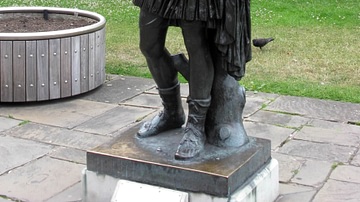
Article
Collegia, Stability and the Vox Populi
This short analysis will investigate the associations known as 'collegia' (also known as clubs, associations, companies) mentioned in the letters (10.33-34) from the Roman pro-consul Pliny to the emperor Trajan. We will determine why Trajan...
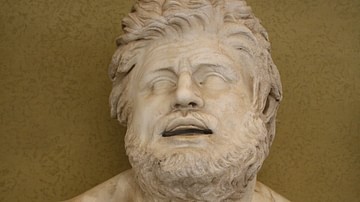
Article
Conflict & Celts: The Creation of Ancient Galatia
Galatia was the most long-lasting and powerful Celtic settlement outside of Europe. It was the only kingdom of note to be forged during the Celtic invasions of the Mediterranean in the 4th and 3rd centuries BCE. From its foundation, Galatia...
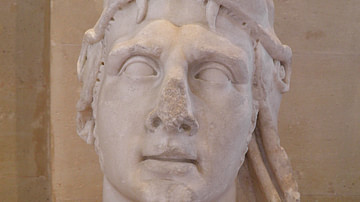
Definition
Mithridates VI
Mithridates VI (120-63 BCE, also known as Mithradates, Mithradates Eupator Dionysius, Mithridates the Great) was the king of Pontus (modern-day northeastern Turkey) who was regarded by his people as their savior from the oppression of Rome...
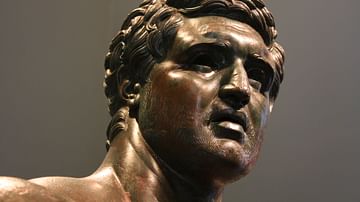
Definition
Attalid Dynasty
The Attalid Dynasty ruled an empire from their capital at Pergamon during the 3rd and 2nd centuries BCE. Fighting for their place in the turbulent world following the death of Alexander the Great, the Attalids briefly flourished with Pergamon...

Definition
Osman I
Osman I, also known as Osman Gazi (c. 1258 - c. 1323 CE), was the founder and first Sultan of the Ottoman Beylik, which would rise to eventually become the Ottoman Empire. He was the ruler of a small Turkic principality among many in the...
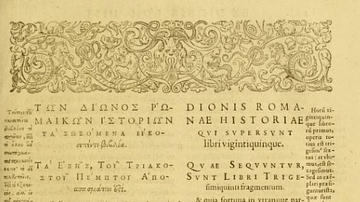
Definition
Cassius Dio
Cassius Dio (c. 164 - c. 229/235 CE) was a Roman politician and historian. Although he held a number of political offices with distinction, he is best known for his 80-volume Roman History. The work took 22 years to complete, was written...
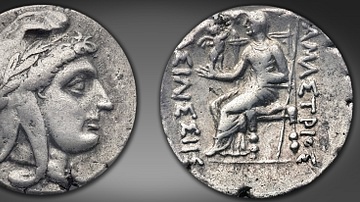
Definition
Amastris
Amastris (c. 340/39-285 BCE) was a niece of the Persian king Darius III (r. 336-330 BCE) through her father Oxyathres. She was married in succession to Alexander's general Craterus, the tyrant Dionysius of Heraclea, and finally to Lysimachus...
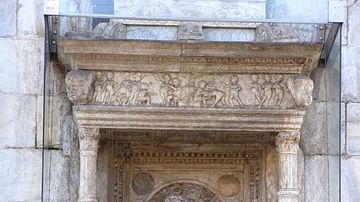
Definition
Pliny the Younger
Pliny the Younger (61-112 CE) was the nephew of Pliny the Elder (23-79 CE), the author of the 37-volume Natural History. He had a remarkable political career and gained a reputation as an excellent lawyer and orator, but he is most famous...
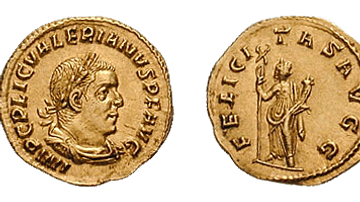
Definition
Valerian
Valerian ruled as emperor of the Roman Empire from 253 CE until his capture in 260 CE. In 253 CE an elderly Roman military commander and experienced former senator was proclaimed emperor by his troops - a very common occurrence at the time...